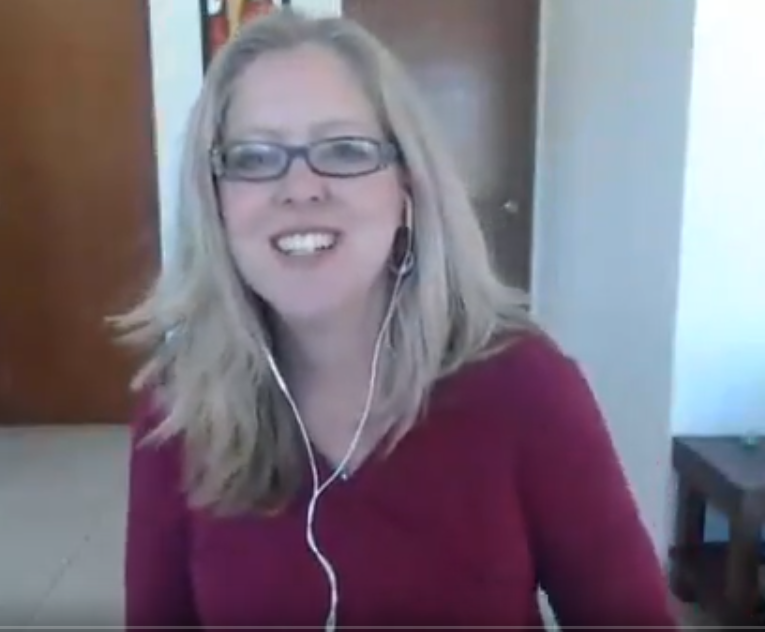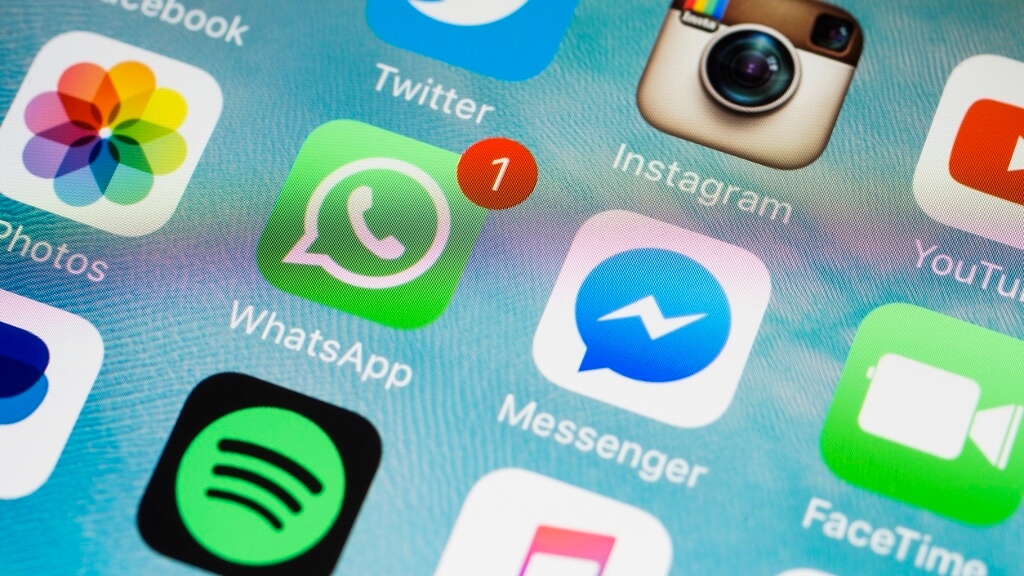Marketing plan vs marketing campaign: what’s the difference?

I
If you’re like many business owners, you can sometimes feel overwhelmed with marketing. After all, there are approximately 98,321 ways to market your business, which one is right for you?
Awesome! This position is for you. When you finish reading it, you will understand the difference between your marketing plan and a marketing campaign and why it makes sense to have both.
If you want to skip straight to the video, you can do so here.
But first, let me share a common confusion among business owners when it comes to the whole marketing game. As you know, your goal is to generate more leads. People interested in what you sell.
Your job is to show them how what you’re selling helps them save time, money, makes them feel good… whatever the primary benefit of your service is. It’s your job to be very specific about WHO you are helping and HOW so they can see that your product or service is for them. It is part of your marketing PLAN as you will see in a moment.
Your marketing countryside is specific to death.
1 item/product/service to 1 type of person and usually for a fixed term. It may seem counter-intuitive to focus on one thing at a time, yet it’s the MOST effective way to grow your business.
Here is an example from the major leagues.
Have you noticed how a car manufacturer like Ford advertises?
They have the Ford Focus AND the Ford 150 pickup, right? They make separate advertisements for each. Ditto for the rest of their vehicles. The reason for this is that the Ford Focus buyer is a different person with different needs and wants than the pickup truck buyer. Otherwise they would just do an ad showing all their cars and trucks. But it would confuse their customer and confused people won’t buy.
I’ll explain this a bit more in a moment, but first know that you don’t have to be a Fortune 500 company to market effectively.
See marketing principles are the same whether you have a staff of 5000 or you are a solo entrepreneur and after explaining this in more detail you will understand and be empowered in your marketing.
Watch the video here:
In this 13 minute video I explain the difference between a marketing PLAN and a CAMPAIGN (it’s not the same thing and when you understand that you can just have an AHA moment 🙂
If you’re not a video lover (and that’s okay!), read on.
Basically, a marketing plan is strategic. It’s not a bunch of random tactics that don’t get you going. Because you have better things to do with your time.
Instead, you create a clear direction for your business that includes:
- Who is your ideal client/customer
- Your basic service(s)
- How you will communicate your value to these potential customers
- Your business goals (including your revenue goals, as well as things like your desired working hours)
You will want to know your numbers. What are your most profitable activities? Where do your best leads come from? What communication channels (Facebook/email/LinkedIn/etc.) will you use to reach them? What are you going to STOP doing this year?
You want to create a system to attract new prospects and retain them.
These are at the heart of your business.
Too many people start a business and work themselves to the point of burning out and/or running out of money because they don’t know their main income generating activities.
So let’s plan.
These big questions provide you with a guide. After all, if you know you get most of your business via public speaking at LAN functions, then you’ll want to focus your marketing on getting more of those gigs (and have a system for it). monitoring.)
Is the heart of your marketing plan.
Are you beginning to see how thinking about these questions can guide your entire business?
You make?
Awesome! We’ll get into that more on another day, but for now, let’s look at the role of campaign marketing in your business.
Define your marketing campaign
It has ONE specific purpose and usually for a predetermined amount of time.
For example, let’s say you’re hosting a webinar. Your webinar has one main topic that aims to solve one type of problem. People with this problem are the people you will target in your ad content, posts, graphics, etc.
You don’t want everyone. You want the people who will benefit the most and who are the best fit for your business. The webinar is meant to be a lead generation tool to help you collect email addresses from people who have indicated they are interested in what you offer.
This is so important that I repeat, the webinar is meant to be a lead generation tool to help you collect email addresses from people who have said they are interested in something you offer. There is a deeper strategic purpose than just hosting a webinar. Yes, you’ll be sharing valuable content in the webinar and you’ll want to have a follow-up strategy going forward.
In case it’s still confusing,
I realize this can still be confusing, here’s another example, the one everyone in the retail world is familiar with.
You’re probably familiar with holiday “specials.” Black Friday for example. Retail organizations are starting to plan their Black Friday advertising “campaigns” months in advance. Over the past season, Amazon has focused on raising awareness – and desire – for the “DOT,” a smaller version of its Echo, both of which are voice-activated smart speakers that broadcast music, tell you the weather, keep your grocery list and do other simple tasks.
Here’s how it applies to you as a small business owner.
If you offer professional services, such as an acupuncturist, you can choose a “theme” such as “back to school” in the fall and offer a special on a 3-treatment package that will boost the immune system. Or if you’re a VA, you can offer a webinar on a particular piece of software and then offer attendees to set it up for them.
As you can see, these are targeted activities set for a set duration. It doesn’t mean that you won’t sell that business or product at other times, but during that specified period of time, you will focus on that one thing.
This way you can create relevant marketing materials around it. Your social posts, blog posts, Facebook lives, Facebook ads, will revolve around this theme.
You have created a marketing CAMPAIGN.
If you’re not doing anything else in your marketing today, take a few minutes and jot down the best thing(s) you sell, think about how you can tie each to a popular season or trend. Put that in your calendar in a few weeks and plan some marketing materials around the topic.
When you keep in mind exactly who is your best prospect for this service, you will see how much easier it is.
Want to see it in action and get your 30-day marketing roadmap for free? Join us here.




